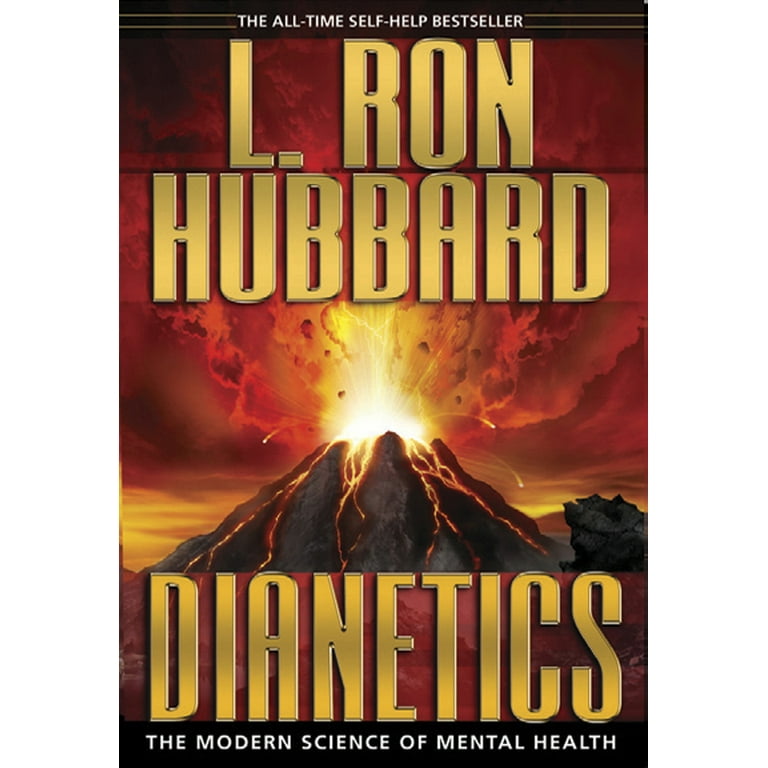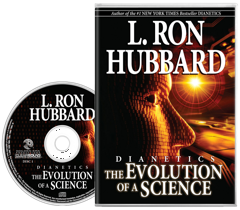The Main Principles Of Dianetics
The Main Principles Of Dianetics
Blog Article
All About Dianetics
Table of ContentsNot known Facts About DianeticsWhat Does Dianetics Mean?What Does Dianetics Mean?Not known Facts About Dianetics
I couldn't ever not wish to receive anything that enters your mind for you- if it was or else, I would not be sitting below with you, doing this. I not just might never ever have a trouble, or otherwise intend to listen to something that comes to mind for you, yet I'm entirely excited to recognize every concept, every idea, every photo or feeling that emerges or shows up for you- do not ever believe or else, and if somehow you do, please simply allow me know! Occasionally, you may have a thought, and image, concept or event turn up that does not seem to respond to the concern, or associate to it, yet nonetheless, always do tell me concerning it, and as we proceed, the importance will emerge for you.This is integral in the basis of processing, and the subject of this conversation: the standard functions of the counselor and the customer: The standard duty of the counselor is, unlike "conventional training", not to regulate, which suggests to implement and/or inhibit, but to rather work from the basis of EMPOWERING THE CLIENT.

Dianetics for Beginners
John Mcmasters expressed this fundamental reality splendidly well in one of his lectures on Power processing, in which he describes exactly how he was asked what this "unique propensity" was that he had for giving such great sessions; he had to think of that for a moment, and found that it was what he had not been doing, as well as what he was doing: he had not been assessing, evaluating, computing, or as a matter of fact, producing any ideas, let alone spoken expressions, after providing the command and while waiting on the computer to complete their solution to their contentment; he was, simply and just, being present with the PC, and completely interested.
The duty of the counselor, showed; that was his "unique propensity". I have actually had my own experience which showed me this well, very early on in the game. In 1982, having recently finished my training and teaching fellowship on New Period Dianetics, I was running this on a COMPUTER, and there was a point in the session where (being a little bit wet behind the ears not yet having several hours under my belt as a specialist auditor) the computer seemed to be "taking too lengthy" to reveal anything verbally after I provided him a command.
This trick became one of the most useful contribution that John ever made to the subject of therapy or auditing (Dianetics). In my humble viewpoint, it is the greatest contribution that anybody has actually ever before made to these subjectsthe application is entirely non-judgemental, non-evaluative, and lacking any type of pointer, guidance or opinion.no preconditioned schedule for individuals, or 'levels' that they have to do
In Scientology we prided ourselves check that on not examining for people. All that truly implied was that the auditor did not VERBALLY assess for the Computer in session.
Some Ideas on Dianetics You Should Know

Any person who had actually ever seen John audit can not help yet right here discover an one-of-a-kind quality in his auditing."The client's basic role is to be there with the function of moving in the direction of their spiritual objectives, and to openly and totally express and experience whatever materializes for them in responding to the concerns and executing the guidelines in the processing.
This is something to procedure as required. Likewise, people frequently have prior experience and/or indoctrination in auditing/processing which, in some means, and to some levels, really misleads them right into attitudes, concepts and actions patterns that stop the complete awareness of these functions, and so they will certainly often tend to hinder the expressing of what comes to mind, as in the instances provided above - Dianetics. * The first, and perhaps foremost examples of mis-indoctrination leading to less than entirely smooth and effective sessions, can be discovered in certain facets of the training routines, or "TR's":"TR's" are typically a person's initial, or at the very least early, experience in Scientology, and while I will certainly take place to discuss what I see as the problems in concept and practice, however, often tend to be substantially therapeutic, done as a knockout post they are offered (Hubbard firmly insists that "TR's are not refining, they are training", but factually, they are both processing AND training)
There is no "flunking", and no rejection of the fact of this being processing. The emphasis, as it should be, is on experiencing the various other person's visibility.
The Single Strategy To Use For Dianetics

Report this page